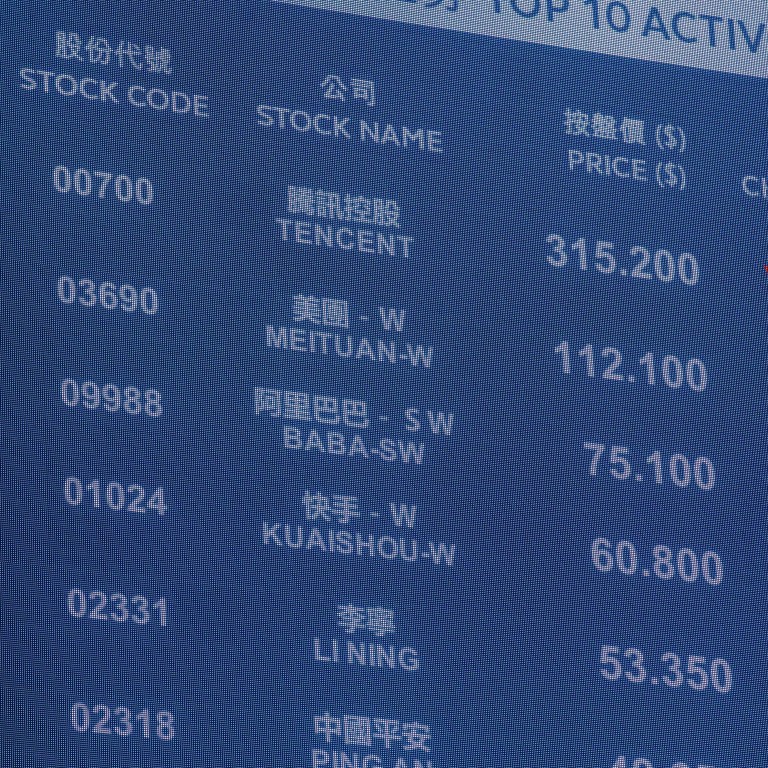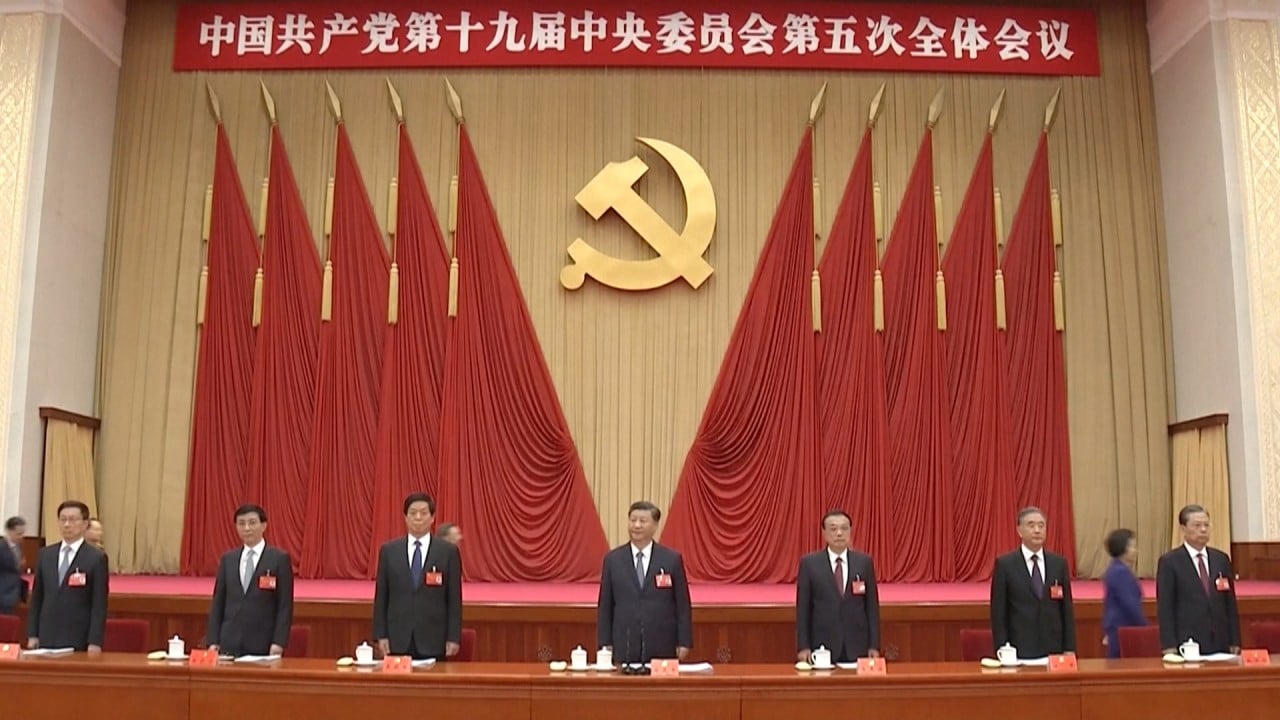
Chinese tech stocks at rock bottom get buyback seal of approval after Goldman predicts upside
- Investors may see a series of stock buybacks after China’s CSRC calls for measures to stem market rout
- Xiaomi joins the fray after Alibaba tops up its buyback programme to a record US$25 billion amid a stock plunge
Smartphone maker Xiaomi Corp is the latest to join the fray by announcing a HK$10 billion (US$1.28 billion) programme, giving its shares a pop. Not a bad move to emulate, after Alibaba Group Holding’s 11 per cent rally on the back of its record US$25 billion plan.
“That would be a signal that stocks have bottomed out,” said Wang Zheng, chief investment officer at Jingxi Investment Management in Shanghai. “Stock prices have reflected all the headwinds and investments are worthwhile now.”
China’s biggest companies, which dominate the Hong Kong stock market, are sitting on a giant pile of cash. The 66 members of the Hang Seng Index had US$2.4 trillion of cash on their balance sheets in their latest financial reports, according to Bloomberg data, a 23 per cent jump from two years earlier.
China will encourage publicly traded companies to buy back their shares and money managers to invest in their own funds, the China Securities Regulatory Commission said last week. The government will continue to widen access to the capital market and maintain Hong Kong’s market stability, it added.
Hong Kong-listed companies ploughed a record US$5 billion into stock buybacks last year and have already spent US$800 million through mid-February, according to Goldman Sachs.
The wave of internal corporate actions may have mirrored the consensus view among executives that investors are undervaluing the intrinsic value of their still-thriving businesses because of the underlying misgivings about China’s trillion-dollar crackdown on internet-platform operators.
Toby Xu, Alibaba Group’s deputy chief financial officer, said the slump in its stock price to record lows in New York and Hong Kong was unjustified, given the company’s financial health and prospects of business expansion. Alibaba owns this newspaper.
Alibaba had US$46 billion in cash on December 31, versus US$38 billion two years earlier, according to its accounts. That is not including another US$29 billion of short-term investments that could be easily turned into cash.
Tencent had accumulated US$26.5 billion in cash at the end of September 30, the most on record, according to Bloomberg data. It returned US$16 billion to shareholders in late January, in the form of shares in JD.com as special dividend-in-specie.
Alibaba’s shares surged 6.7 per cent on Wednesday while Xiaomi jumped 4.1 per cent. The strength has contributed to a 37 per cent rebound in the Hang Seng Tech Index from its all-time low on March 15. The gauge remains about 60 per cent below its February 2021 peak.


